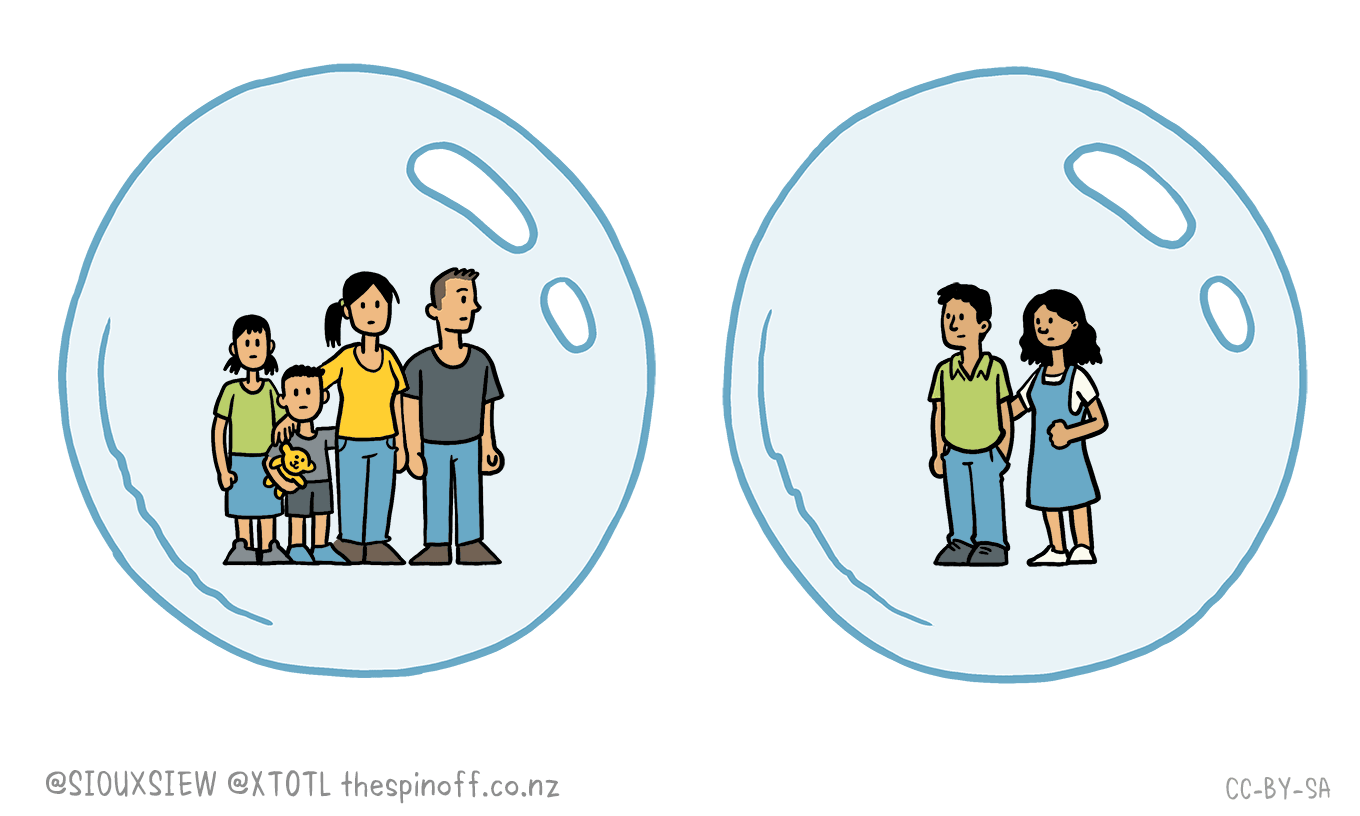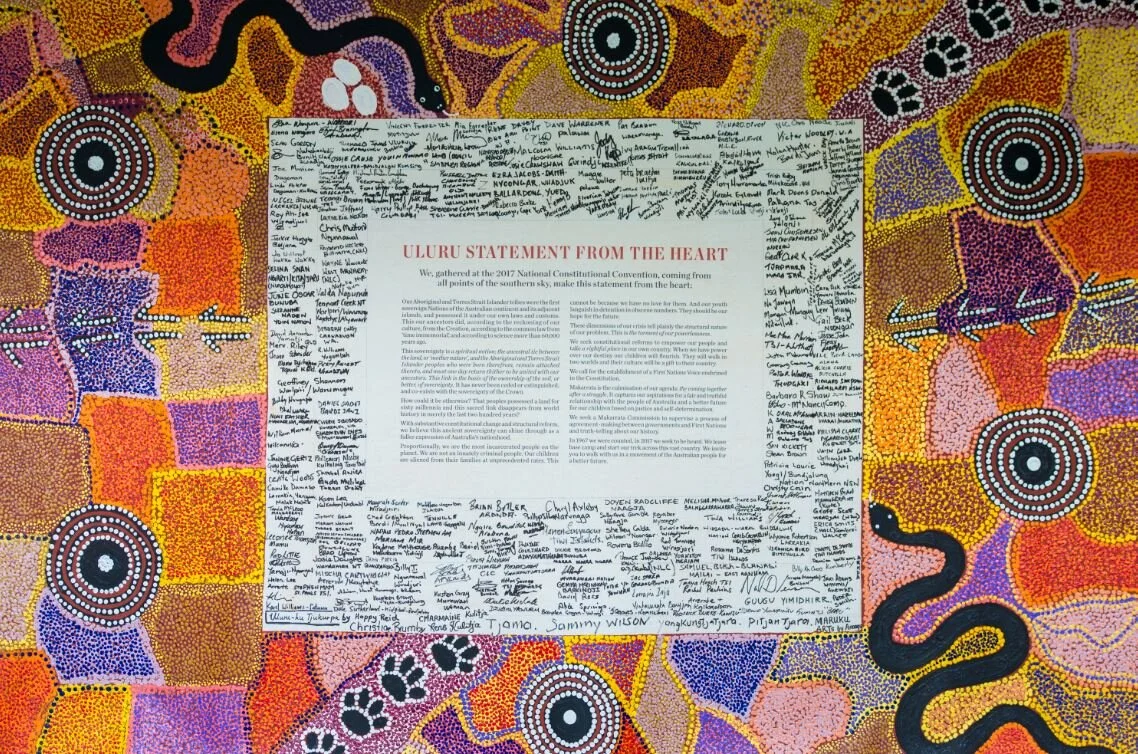In today’s post, Dr Ann Kayis-Kumar, Professor Fiona Martin, Dr Jack Noone and Professor Michael Walpole from the University of New South Wales explain that many sole traders in Australia are experiencing financial hardship in the current pandemic because they are behind on their tax paperwork. Those helped by the UNSW Tax Clinic who were behind on their quarterly Business Activity Statements were, on average, seven years behind. Their financial vulnerability has long-term and widespread implications. This article was originally published in The Conversation.
Read MoreIn this post, Dr Belinda Townsend from ANU (@BelTownsend) says Australia can play a greater role in supporting mechanisms for affordable access to new treatments and vaccines for COVID-19. This piece was originally published on the East Asia Forum as part of its special feature series on the novel coronavirus crisis and its impact, prior to the 73rd World Health Assembly.
Read MoreIn today’s post, Dr Andrew Joyce, Dr Perri Campbell, and Aurora Elmes from the Centre for Social Impact Swinburne argue that a social enterprise focused Job Guarantee could be an important part of a suite of policies to address imbalance in the labour market in the wake of COVID-19.
Read MoreOne in ten Australians provide care for a loved one, sustaining families and saving governments huge sums on care services. Associate Professor Myra Hamilton explains why COVID-19 has increased the pressure for Australia’s many unpaid carers and the impact this is having.
Read MoreHistorically, epidemics have brought a double threat: first to Indigenous health, then to Indigenous self-determination. Here Aileen Marwung Walsh and Laura Rademaker explain why Indigenous self-determination is vital to beat COVID-19.
Read MoreHuman psychology plays a key role in how we respond to pandemics.
Victoria University of Wellington’s Dougal Sutherland unpacks the factors that determine our behaviour during lockdown.
Read MoreWhile the use of digital platforms has kept us socially connected during times of physical isolation, there are concerns that online safety measures are not enough to deal with potential surges in harassment and abuse, including cyber violence against women.
Auckland University of Technology’s Cassandra Mudgway and Kate Jones are calling for governments to establish an international charter on digital human rights to protect digital citizens from online harassment and abuse.
Read MoreLast week, Abigail Lewis flagged unanswered questions about Australia’s temporary visa system in the current health crisis, the essential work being done by temporary visa holders in response to COVID-19, and the need for policy flexibility and care for people in limbo during a pandemic that crosses borders.
This week, the University of Melbourne’s Joo-Cheong Tham argues that the Australian Government should give temporary migrants access to JobKeeper.
Read MoreWhat are Australians thinking about during the COVID-19 pandemic? Alexander Saeri, Emily Grundy, Liam Smith, Michael Noetel and Peter Slattery delve into the psyche of Australians to see what they’re worried about in the hopes of supporting evidence-informed policy responses that help encourage people to protect each other.
Read MoreCOVID-19 is not only a health, social and economic problem - it is an environmental problem.
Fiona Armstrong (Climate and Health Alliance), Anthony Capon (Monash Sustainable Development Institute) and Ro McFarlane (University of Canberra) explain why biodiversity conservation and mitigating climate change are crucial to preventing future pandemics.
Read MoreAustralian National University’s Bhiamie Williamson and Francis Markham, as well as Western Sydney University’s Jessica Weir argue, that Aboriginal people, particularly those aged less than 15 years old, are disproportionately affected by Australian bushfires and should therefore have a much stronger presence in all bushfire inquiries going forward.
Read MoreResearch by Evgenia Bourova, Professor Ian Ramsay and Professor Paul Ali at Melbourne Law School highlights the challenges that financial counsellors and other consumer advocates face in assisting women with debt problems resulting from economic abuse — an often ‘hidden’ form of family violence. The risk of this type of abuse escalating during and in the wake of the COVID-19 pandemic is high. This article was originally published on Broad Agenda.
Read MorePrior research has shown that health inequities worsen during pandemics. In this blog piece Professor Helen Dickinson and Professor Anne Kavanagh highlight the health inequities already faced by people with disability and how the Covid-19 pandemic could make these worse. They outline steps the Government urgently needs to implement to protect people with disability as the pandemic progresses.
Read MoreThe issue of school closures in the wake of the Covid-19 pandemic has been polarising the political and public discourse in Australia. In this blog post Professor Peter Collignon from ANU Medical School discusses why the Australian Government recommends keeping schools open for now.
Read MoreThe Covid-19 pandemic is exposing a raft of issues with social welfare policy in Australia. Australia’s lack of social housing and lack of affordable rentals means many people are living in crowded or inadequate housng, or are homeless. In today’s blog post Nicole Gurran, Peter Phibbs and Tess Lea discuss the issues Australia is now facing as Covid-19 intersects with homelessness and inadequate housing, and what governments need to do to help.
Read MoreCovid19 is creating massive employment upheavals with significant implications for peoples’ mental health. In today’s blog Post Aurora Elmes discusses the role social enterprises can play in providing flexible and supportive workplaces for vulnerable people and the need for government to consider how they can support these businesses to help cushion some of the economic and social fallout from Covid-19.
Read MoreThere is a very real fear that Covid-19 will have a worse impact on people with disability and yet, as Professor Helen Dickinson discusses in today’s blog post, they are being left out of the Government’s response.
Read MorePaige Fletcher, a PhD Candidate at Flinders University, is examining the influence of actors outside government on public policy through a case study of feminist organisations and policy addressing gendered violence. She explains here why this research is needed and how to get involved.
Read MoreCOVID-19 is rapidly changing the world around us, and disability peak organisations in Australia have called on government to move quickly to guarantee continuity of essential services, support and information for people with disability, and to curb the risk of infection for people with disability and their support workers. People with disability are rightly worried about the particular risks this health crisis poses for them. This message from the Australian Federation of Disability Organisations, Children and Young People with Disability, Disability Advocacy Network Australia, First People Disability Network, Inclusion Australia, National Ethnic Disability Alliance, People with Disability Australia and Women with Disabilities Australia explains what needs to be done.
Read MoreFew people are aware of co-design’s political roots. The concept first emerged in Scandinavia in the 1970’s through union insistence that workers be included in the major restructuring of their industries as a way of “emancipating workers at the workplace” (p. 145). Central in its philosophy is the tenet to equalise power as a prerequisite for true collaboration. For International Women’s Day, Summer May Finlay (@SummerMayFinlay) of University of South Australia explains why the government has shown bad faith in failing to adopt the full recommendations from the Uluru Statement from the Heart. As long as full citizen rights are withheld from Aboriginal and Torres Strait Islanders, women’s rights will also fail to be achieved.
Read More




















